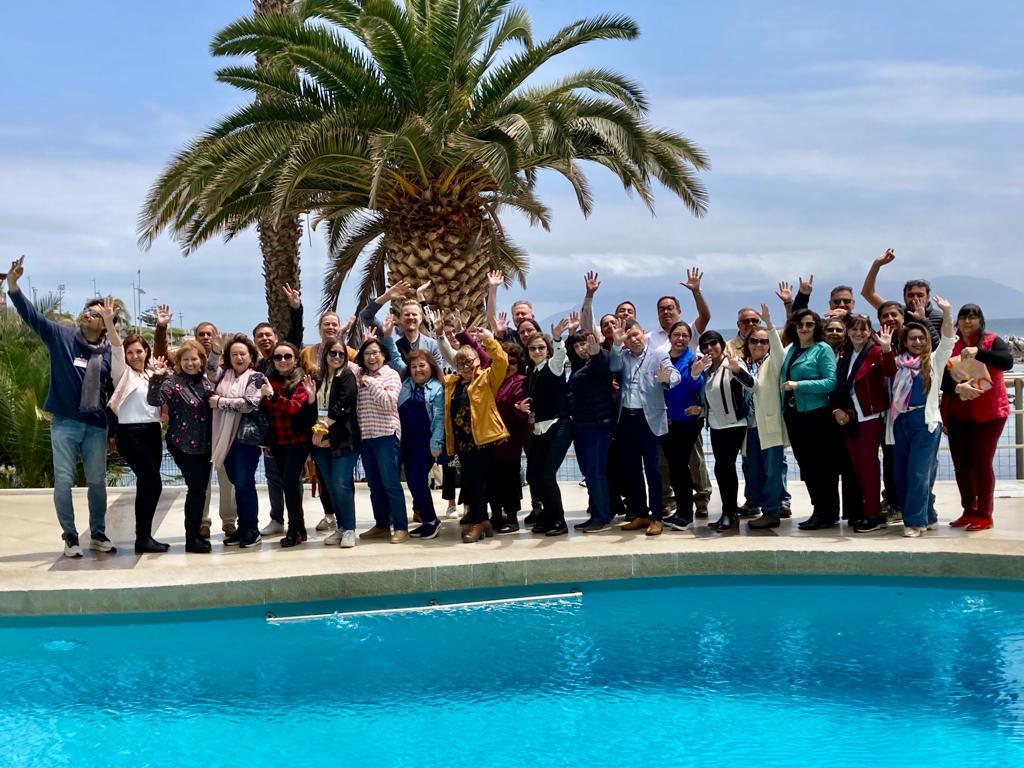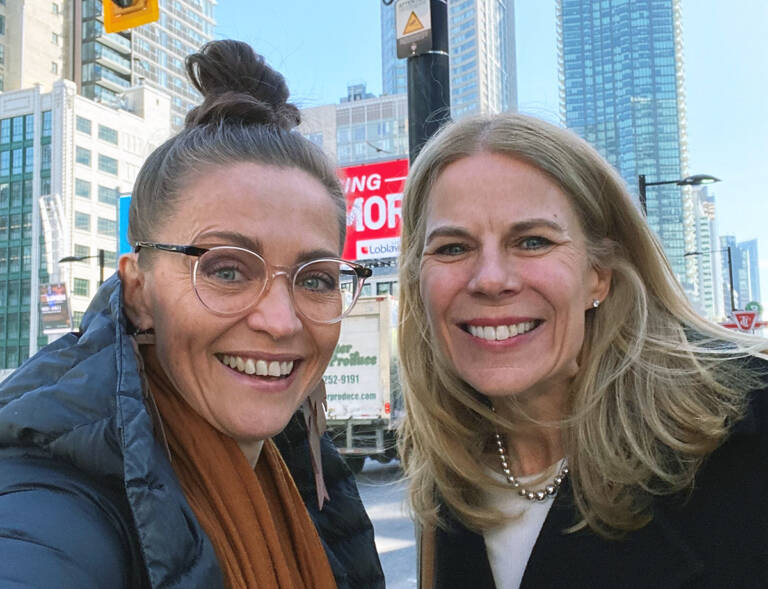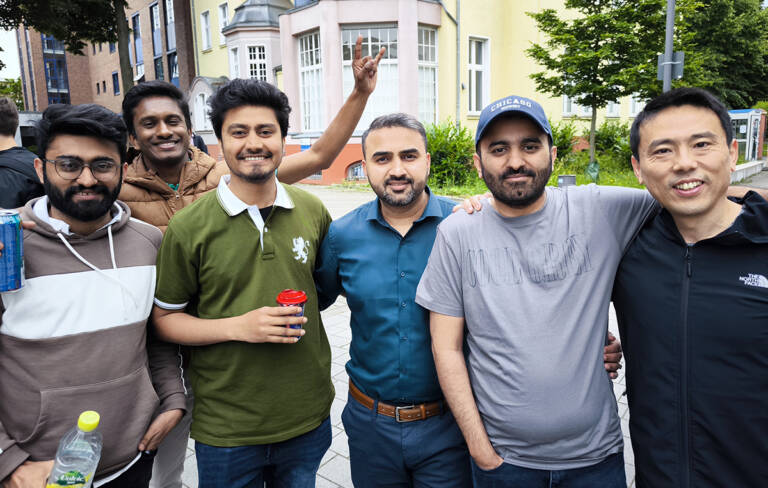The Finnish experts joined forces with 30 educational leaders and 200 teachers who are part of AntofaEDUCA, a unique initiative designed to revamp the local education system. This dynamic collaboration set the stage for a transformative two-year program aimed at enhancing the quality of education in the Antofagasta region.
Exploring Antofagasta: A Kaleidoscope of Communities
The Finnish experts’ journey included a series of visits to 20 schools spread across nine diverse communes within the Antofagasta region. This was not merely an exercise in observation, but an opportunity to immerse themselves in the local context, understand the specific needs of the schools, and connect with the heart of the education system. Each school visit presented a unique window into the challenges and opportunities faced by the students, teachers, and administrators.
– After visiting schools, I came to conclusion that there is more in common in Chilean and Finnish education system than there are differences. It was great to see how motivated all the teachers participating in the program are, says senior lecturer Ville Palkinen from School of Professional Teacher Education in Tampere University of Applied Sciences.
Co-operation is a key to success
The heart of this collaborative effort lay in the interactions between the Finnish experts and the 30 educational leaders who are part of the AntofaEDUCA initiative. Over the two weeks, these professionals came together to share their experiences, ask questions, and learn from the Finnish experts’ extensive knowledge. This open dialogue was instrumental in bridging the gap between two different education systems and cultures.
– In the collaborative workshops for school leaders, it was rewarding to see a shifting towards the culture of sharing and collaboration instead of competing, concludes Jiri Vilppola, senior lecturer also from TAMK School of Professional Teacher Education.
The intensive two weeks with the local leaders covered a wide range of topics, emphasizing not only best practices from the Finnish education system but also highlighting universal principles of effective education. Special theme days were held on the topics like special needs education and digitalization in education.
– For example, artificial intelligence and its implementation in the classroom is hot topic both in Chile and Finland. In projects like these it is eye-opening to realize that we are thinking about the same issues all over the world and can learn from each other as well, says Ville Palkinen who was responsible for the digitalization theme day.
According to feedback from the participants, work done in family groups was highly appreciated and this co-operation is likely to continue in the future as well.
After the intensive weeks in Chile, the program continues online with thematic webinars every two weeks for principals and teachers. As learning tasks, participants will conduct pilots with their students in the classroom and with their school community in the educational center with the goal of putting into practice what they have learned. After each of these practical tests, participants report the results and share best practices with their peers.
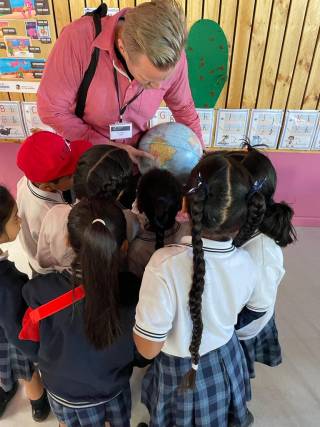
During the second year of the training, the school family groups, that is the principal and the teachers participating in the program, will implement a development work project in their schools. They will focus on an innovation or improvement they want to achieve for their institution and work together in the design and implementation of the project.
– All projects will be presented at the programme’s closing seminar and shared in a resource bank for the dissemination of best practices throughout the region, explains Marta Gil-Carcedo, Latin America Specialist from TAMK Global Education.
In addition to hands-on approaches, also research is conducted related to AntofaEduca program. Research is made in collaboration with Chilean experts and universities and the personnel of TAMK. Research will contribute to the change process in the classrooms and professional development of all stakeholders, both teachers and leaders.
Looking to the Future
As the AntofaEDUCA takes steps forward, the focus shifted toward the future. The groundwork has been laid for a transformative two-year program that will see the implementation of various strategies to improve the quality of education in Antofagasta.
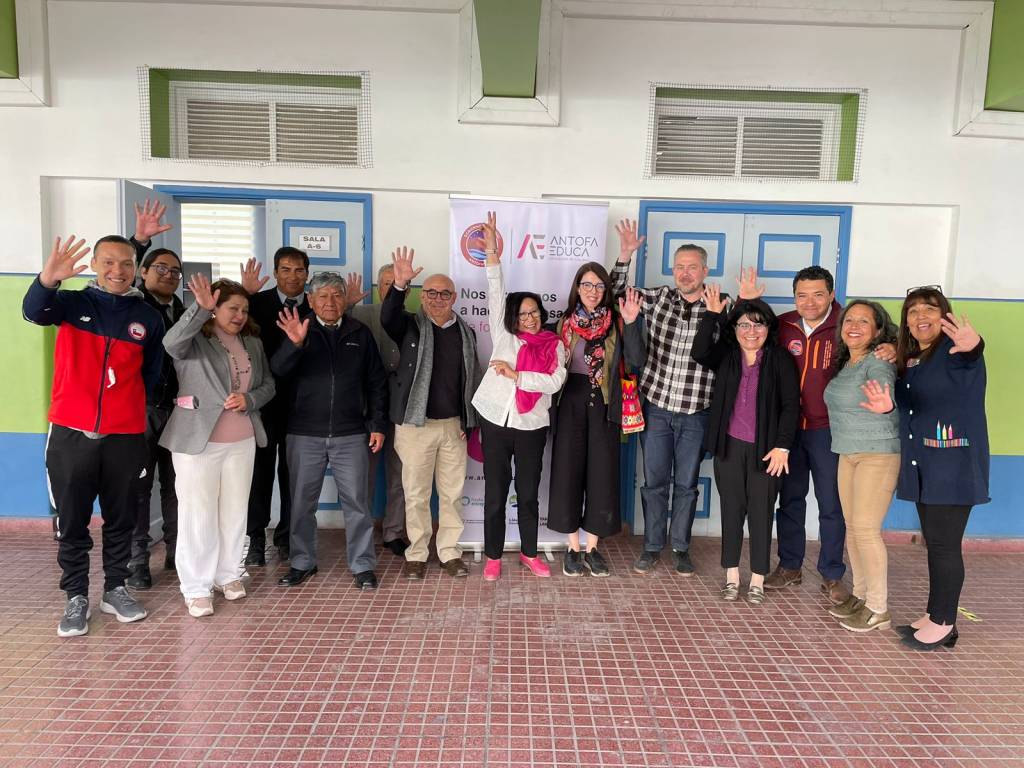
The collaboration between Finnish education experts and the AntofaEDUCA initiative is a shining example of how international partnerships can bring about positive change in the world of education. As this two-year program unfolds, we can expect to witness significant improvements in the quality of education in Antofagasta, a testament to the power of shared knowledge, collaboration, and a commitment to the future of the students. We expect to find further financing instruments to keep on nurturing the seeds implemented.
– Multiply and anchor a sustainable innovation model for the region that keeps on bringing new initiatives, innovation and growth is the ultimate goal of the whole AntofaEDUCA consortium, concludes Virpi Heinonen, Customer Relationship Manager for Latin America and the Caribbean.
Text: Virpi Heinonen, Customer Relationship Manager for Latin America and the Caribbean, TAMK
Photos (except main image): Virpi Heinonen


